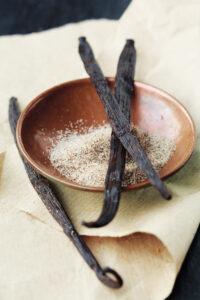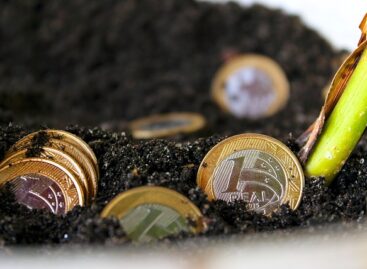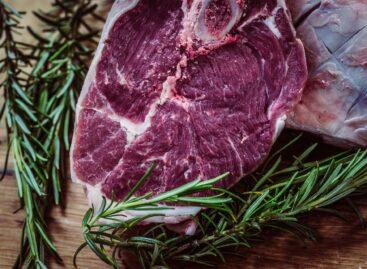The world’s spices are in danger: climate change is not sparing incense and vanilla either
Global warming is having an increasingly serious impact on the world’s spice production – while the production of spicy paprika in Hungary is declining year by year, iconic spices such as the biblical frankincense or the worldwide popular vanilla are at risk internationally. The challenges are due to extreme weather events, water shortages and the disruption of the ecological balance – writes the Agrarszektor.
Frankincense on the verge of extinction on a special island
 Frankincense, which is mainly used as incense in religious ceremonies, has been seriously endangered in recent years. According to a recent report by the IUCN (World Conservation Union), five of the local Boswellia species are now on the list of endangered species – one of them as critically endangered. Changing weather patterns, prolonged droughts and increasingly frequent cyclones have caused serious damage to the plantations: in 2015 and 2018, for example, flash floods and landslides decimated the trees.
Frankincense, which is mainly used as incense in religious ceremonies, has been seriously endangered in recent years. According to a recent report by the IUCN (World Conservation Union), five of the local Boswellia species are now on the list of endangered species – one of them as critically endangered. Changing weather patterns, prolonged droughts and increasingly frequent cyclones have caused serious damage to the plantations: in 2015 and 2018, for example, flash floods and landslides decimated the trees.
The survival of young specimens is also threatened by overgrazing. With the decline of traditional pastoralism, the goat population has increased, putting a significant burden on the fragile island ecosystem. According to Mohammed Amer, a local expert for the IUCN, local communities are now trying to preserve the trees by building fences and producing alternative income sources, such as incense honey.
Vanilla is also not immune to tropical storms
Vanilla is one of the world’s most expensive and sensitive spices, mainly grown in Madagascar. A tropical storm in 2017, which destroyed a third of the island’s vanilla crop, has led to a serious global shortage and a price spike. The biology of the plant also makes things difficult for local farmers: the flowers must be hand-pollinated, the pods take 9 months to ripen, and it can take up to 4 years for the pods to fully ripen.
According to research published in March 2025, which surveyed nearly 500 smallholder farmers in Madagascar’s Sava region, farmers are constantly adapting. They experience the effects of climate change every day, whether it’s heat waves, fluctuating rainfall or increasingly frequent pest invasions.
Related news
István Nagy: You can join the agricultural crisis insurance system soon
🎧 Hallgasd a cikket: Lejátszás Szünet Folytatás Leállítás Nyelv: Auto…
Read more >The Earth is warming faster than models can track – air pollution has so far masked the true severity of the situation
🎧 Hallgasd a cikket: Lejátszás Szünet Folytatás Leállítás Nyelv: Auto…
Read more >Amsterdam bans meat and fossil fuel advertising as part of fight against climate change
🎧 Hallgasd a cikket: Lejátszás Szünet Folytatás Leállítás Nyelv: Auto…
Read more >Related news
Farewell day at the 60th anniversary EuroShop trade fair
🎧 Hallgasd a cikket: Lejátszás Szünet Folytatás Leállítás Nyelv: Auto…
Read more >NAV: Women’s Day inspections begin
🎧 Hallgasd a cikket: Lejátszás Szünet Folytatás Leállítás Nyelv: Auto…
Read more >








